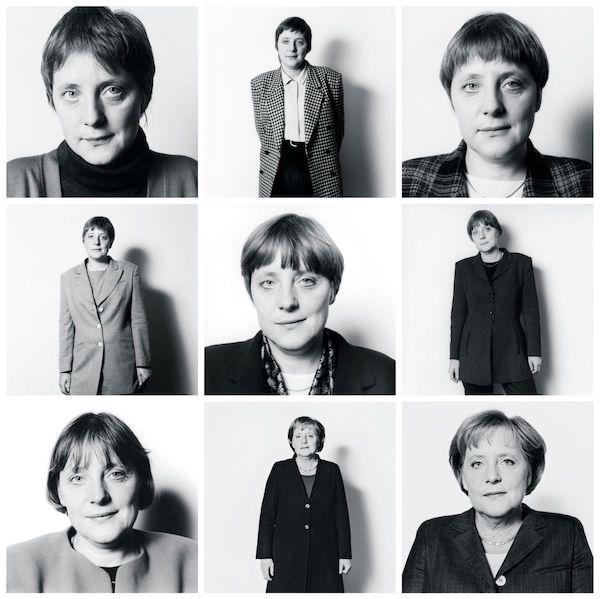
Who is Angela Merkel, the most powerful woman in the world?
"Ice cold angel", "the immovable chancellor" and now the most powerful woman in international politics, Angela Merkel has secured a fourth term behind the…
In a Europe overshadowed by two world wars and a silent conflict during the Cold War, the idea that a German from the east would reach the Chancellery was at least hilarious. Not only was she a German from the ancient territory detested by the remnants of the Second War, but she was also a woman.
Angela Dorothea Merkel was born in Hamburg on July 17, 1954, the daughter of a Lutheran pastor who, shortly after her birth, received a pastorate in the Quitzow church in the German Democratic Republic, forcing the family to move to the city of Templin, 80 kilometers north of Berlin, on the opposite side of the wall.
Angela militated in the Free German Youth, communist collective of the German Democratic Republic and married the physicist Ulrich Merkel in 1977, of whom she obtained her surname that she still conserves in spite of having divorced in 1982 and remarried in 1998 with Joachim Sauer, professor of chemistry in Berlin.
Merkel studied physics at the University of Leipzing between 1973 and 1978 and received her doctorate in the same house of studies in 1986 with a thesis on quantum chemistry.
After working inside the Academy of Sciences of East Berlin, and with the fall of the Berlin Wall in 1989, Merkel decided to plunge into politics. The decisive day was when she met then Chancellor Helmut Kohl, on 30 September 1990, shortly before the German reunification.
From then on, her political career accelerated dizzyingly from the hand of Kohl. She was Minister of Women and Youth and was elected president of the Christian Democratic Union (CDU) party in April 2000, after the embezzlement scandal that sentenced her teacher's career. She then served as deputy of the Bundestag (lower house of the German parliament), representing a group of districts that includes West Pomerania and Rügen, and the city of Greifswald.

According to the newspaper El Clarín of Argentina, after several internal struggles in her party, Merkel was designated candidate to the Chancellery in 2005, a position that she conquered "after prevailing by a minimal advantage to the political animal that was the social-democratic chancellor Gerhard Schröder ".
Her election as Chancellor was followed by a "political coalition" led by herself, in which parties such as the Christian Democratic Union of Germany, the Christian Social Union of Bavaria and the Social Democratic Party of Germany, came together to reform the regent political structure into a centralist block of progressive character.
RELATED CONTENT
With a new coalition, in 2009, Merkel was prepared to be re-elected as Chancellor in the 2013 elections, in which she won a landslide victory with 42% of the vote in favor.
Since then, her government has been characterized by prioritizing German productivity, in view of an economic and political strengthening of the European community, with a historical approach to Russia - favored in part by Merkel's ability to naturally speak the language.
President of the G8 and the European Council, Merkel has promoted European unification in pursuit of progressive projects such as the Lisbon Treaty and the Berlin Declaration.
This leader has broken with precepts and defrauded expectations with a "longevity in power" that has beaten record in Europe, especially after winning again last Sunday the legislative elections, and having coincided with three American presidents, four French and three British prime ministers.
Her coldness, her monotonous speech and her firm arm when making decisions, have made her capable to successfully survive the euro and refugees crisis and to the current resurface of populism in Europe.
But her last elections have been blackened by the advance of the German right wing that has gained popularity after the opening of the German borders to more than 900,000 asylum-seeking refugees.
This is the new challenge for, according to Forbes, the most powerful woman in the world.











LEAVE A COMMENT:
Join the discussion! Leave a comment.